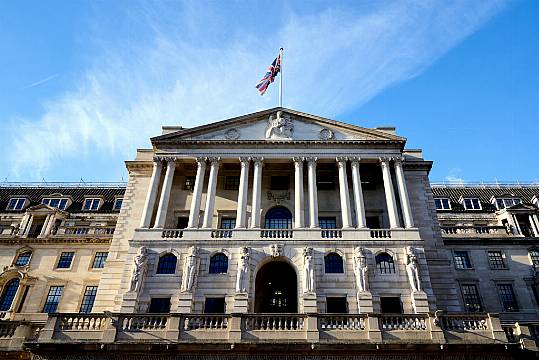The Bank of England has insisted that the UK’s banking system is robust, but admitted that any “lasting impact” on bank funding costs could dent the nation’s financial stability.
It follows the failure of the US’s Silicon Valley Bank (SVB) and Signature Bank, after they could not raise the funds needed to pay savers rapidly withdrawing money from the banks.
SVB’s UK business was rescued by HSBC in a sale costing just £1 (€1,13) earlier this month.
In a letter to the Treasury Committee, the Bank’s governor Andrew Bailey stressed that the UK remains separate from the US’s banking woes.
Mr Bailey said: “The loss of confidence in, and material deposit outflows from, SVB UK was ultimately due to problems faced by its US parent.
“The UK banking system continues to be resilient, maintaining robust capital and strong liquidity positions.”
Mr Bailey pointed out that UK banks have less dependence on certain bonds than US banks and have a more diverse range of depositors, unlike SVB which was focused on lending to the technology and innovation sector and had a large portfolio of long-dated bonds.
He added: “Direct exposures of UK banks and insurers to other US regional banks are negligible. SVB was the only US regional bank with a UK footprint.”
Nevertheless, the Bank cautioned that more volatility in the financial markets, particularly the recent sharp drops in the share prices of banks, could expose weaknesses in the UK’s financial system.
The letter read: “There remain channels through which UK financial stability could be affected, including any lasting impact on bank funding costs and the potential for those to increase the cost of borrowing for UK households and businesses.
“And should elevated market volatility and sharp moves in asset prices persist, it could trigger the crystallisation of vulnerabilities in market-based finance previously identified by the Financial Policy Committee.”
The SVB collapse and wider banking woes highlight the importance of making sure banks are well capitalised against risks from changing interest rates, Mr Bailey said.
The Bank’s Monetary Policy Committee is due to deliver its latest interest rate decision on Thursday.







